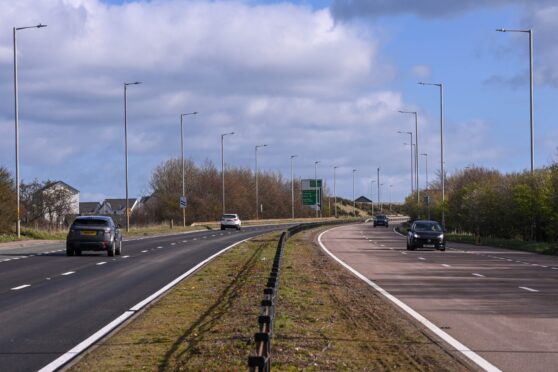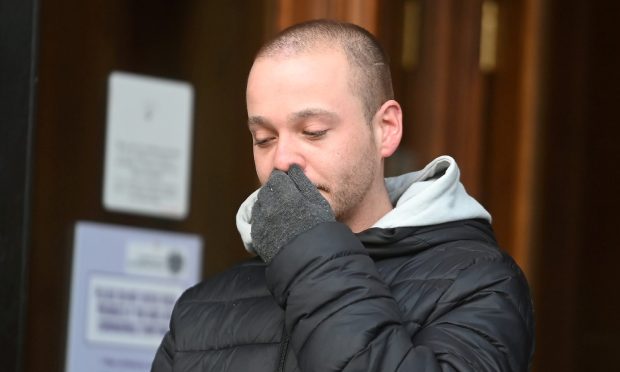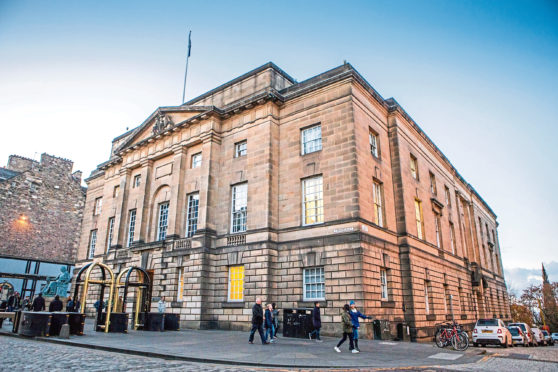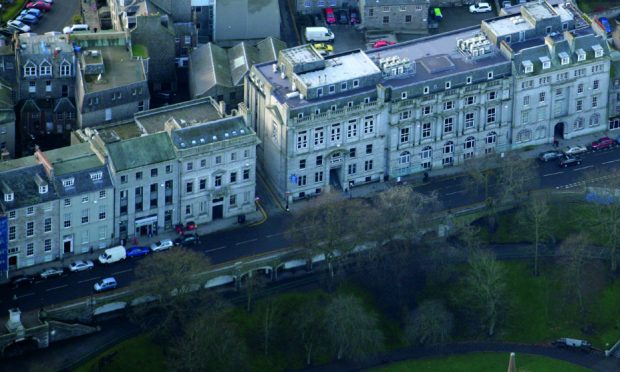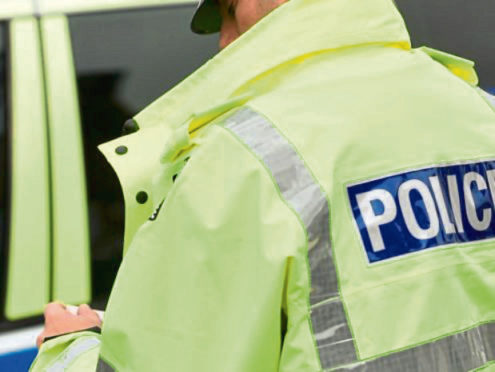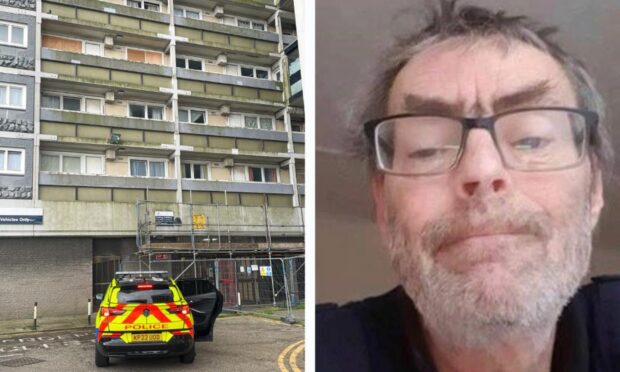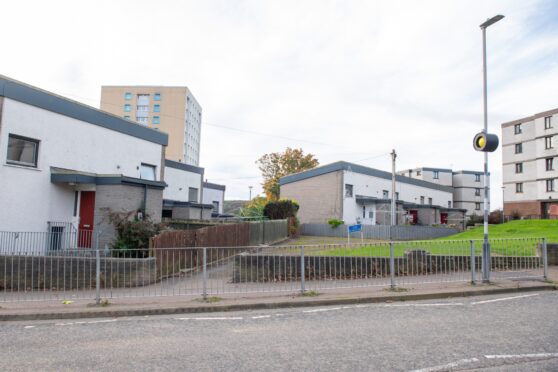Fresh calls have been made for the NHS to carry out routine screening for prostate cancer, after a north-east surgeon spoke out in favour of the potentially life-saving scheme.
Urology consultant at the Ucan cente in Aberdeen, Justine Royale, has called for men to be checked for prostate cancer in a fashion similar to how women are screened for breast cancer.
She spoke out following recent revelations that more men are dying from prostate cancer than women are from breast cancer, for the first time in the UK.
And yesterday, Moray MP Douglas Ross wrote to the Scottish Government’s health minister, Shona Robison, to back the drive for routine checks as a way of slashing death rates.
He said: “We all know that early intervention can save lives, so if by testing we can reduce the incidents of men dying from cancer then it is something I am sure everyone would support.
“I have written to Shona Robison to ask her to investigate what can be done, and if funds can be made available for this vital work.”
The Conservative politician revealed intervention by Dr Royale had saved the life of his colleague, Fochabers and Lhanbryde councillor Marc Macrae following his diagnosis with the disease in 2013.
Mr Ross added: “That shows the importance of routine testing, and with 40,000 new cases diagnosed every year in the UK, this is certainly something we need to look at.”
However, the government has stated that its screening programmes are undertaken on the basis of recommendations from the UK National Screening Committee, and “at the moment there is no recommendations for prostate cancer screening”.
And the NHS has raised concerns that the blood test proposed for the routine checks is “unreliable” and can lead to false diagnoses and unnecessary surgery.


